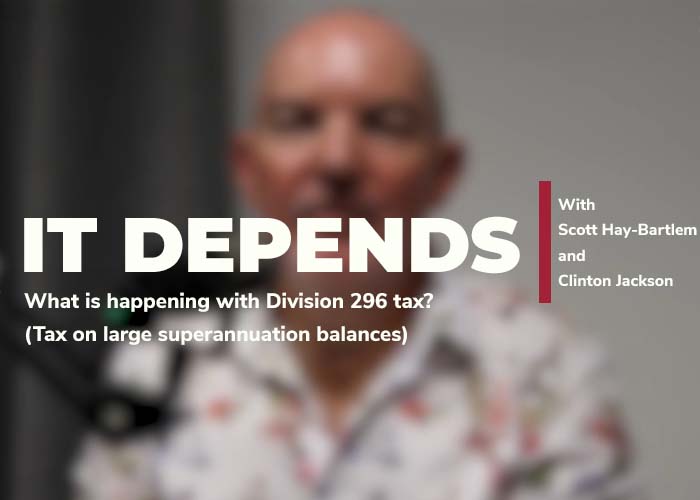Syben v Mackay TFS Pty Ltd [2009] QSC 367
Another amendment. Another loophole. That has been the story confronting workers’ compensation insurers over the last 13 years as they have campaigned for the removal of a claimant’s entitlement to gratuitous care damages. By November 2004 workers’ compensation insurers had thought they had finally seen the end of gratuitous care. On 13 November 2009 another loophole was exposed.
The right to gratuitous care damages was controversially created by the High Court in the late 1970’s in Griffiths v Kerekemeyer (1977) 139 CLR 161. On numerous occasions the High Court has been asked to depart from the decision, most recently in Grincelis v House (2000) 201 CLR 321, where the court again endorsed its previous view that the decision was “too deeply entrenched in this part of the law in Australia for the Court to re-open it.” Many states have overridden or modified the decision by legislation. That has also been the attempt by the Queensland Parliament in the context of personal injuries law generally.
The current prohibitions are found in sections 308A – 308E of the Workers Compensation and Rehabilitation Act 2003, which sections have not previously been the subject of reported judicial scrutiny.
In most cases these statutory prohibitions operate to exclude a claimant’s entitlement to recover past or future paid or unpaid care and assistance, the need for which is accident related. This prohibition however does not prevent the court awarding damages for accident related paid care (past or future) provided only by a commercial carer at commercial rates if the claimant has outlaid money for this care since the accident. Most claimants of course cannot afford to do so making this loophole somewhat illusory.
The case under discussion has created a new loophole which effectively means that the court may have power to award damages for future care in circumstances where the claimant is likely to require care in the future and such care has:
- not been provided since the accident; or
- been provided since the accident but not by “a member of the [claimant’s] family or household, or by a friend of the [claimant]”.
In the scheme of things the loophole is fairly small. The second category above would require an unusual set of circumstances to apply, as this case demonstrates.
Here the claimant had lived alone prior to the accident and was totally independent. He did not require or receive any care prior to the accident. Following the accident he moved into shared accommodation with two adult males. The housemates shared tasks with the claimant typically doing some of the indoor tasks whilst the other two housemates did the yard work. Although the facts of the case are far from clear, the court accepted that the claimant had not received any assistance with indoor domestic tasks at any time since the accident. It followed that he was entitled to damages for future gratuitous care for these domestic tasks.
The more difficult question was whether he was entitled to damages for future gratuitous care relating to yard work given the adult males were performing this work. This involved considering whether the adults were members of the claimant’s “household”. If they were, s308C would have excluded such claim. Had they been members of his family or his “friend”, s308C would also have excluded such claim. Although the court did not say, it seems to have been accepted that the housemates were not the claimant’s “friends” or indeed were ever going to become “friends”.
After quoting from extensive sources, Justice Jones preferred the definition of “household” adopted by Carrothers JA in Gray v Insurance Corporation of British Columbia (1987) 46 DLR 269 in which it was said:
“The word ‘household’…implies a ‘householder’ which in turn implies some form of relationship between the ‘member’ and the ‘householder’. This relationship imposes on the ‘member’ a certain deference to the ‘householder’, compliance with a degree of propriety and responsibility and an active sense of participation in ‘household’ functions and to defer to the wishes of the ‘householder’ in this regard.”
Justice Jones did not think the two adult males fell within the category of “household” in s308C. As such, the claimant was also entitled to recover damages for future gratuitous care for yard work.
His Honour made it clear that it is for the insurer to lead evidence to enliven the statutory provision. Practically this means testimony:
- contradicting the claimant’s evidence that s/he has not received care since the accident; or
- establishing the claimant’s carer is a member of the claimant’s family, a friend or a true householder.
In the end the claimant was awarded $90,000 for future care, based upon six hours per week at an agreed rate of $28 per hour.
Will we now see another set of amendments for claimants to dissect?




